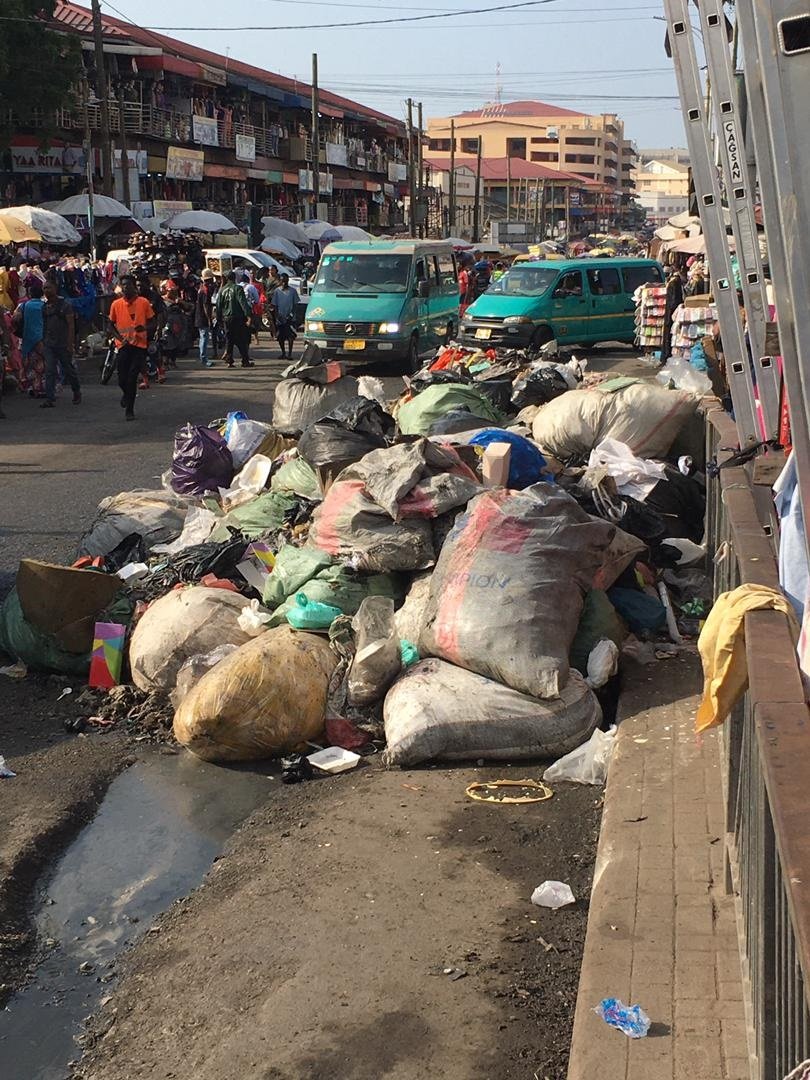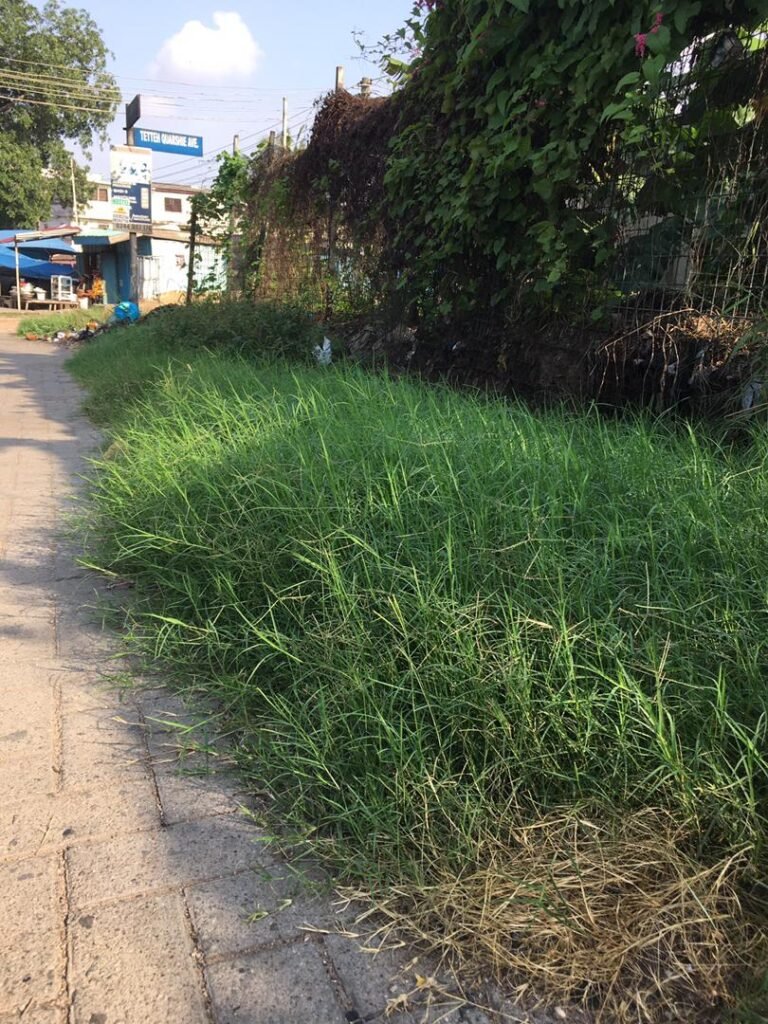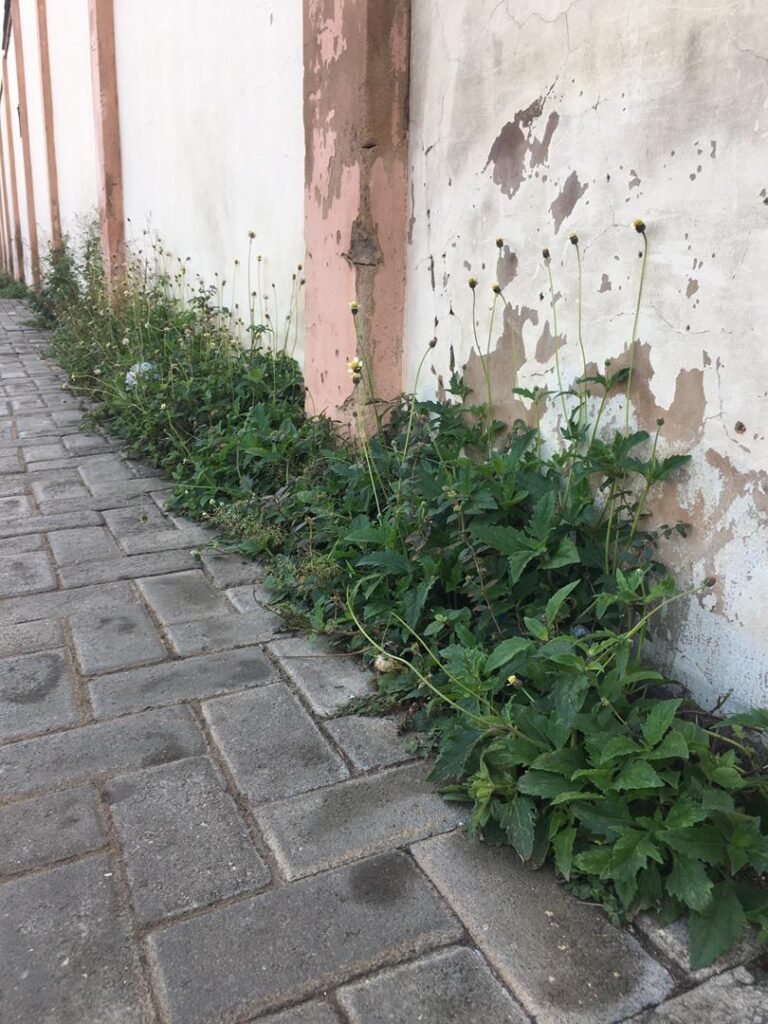Editorial
Take immediate action to end malnutrition
a development crisis and a public concern that requires immediate attention.
This is because hunger affects birth outcomes, maternal health, and child survival given that deficits in particular micronutrients pose a serious health burden and play a major role in childhood morbidity and death,
It is unfortunate that regional inequities and inadequate government funding for nutrition programmes still persist, despite continuous efforts to address the issue of malnutrition.
According to recent statistics from the 2022 Ghana Demographic Health Survey (GDHS) 18 percent of children under five are stunted, six percent are wasted, and 12 percent are underweight. Nearly half of these children also suffer from anaemia.
The statistics show that we must act immediately to prevent jeopardising the productivity and well-being of future generations.
These figures were revealed at a stakeholder engagement on malnutrition in Ghana which was organised by the Women, Media and Change (WOMEC), a non-governmental organisation (NGO) committed to empowering women and advancing gender equality in partnership with the Coalition of Public Health Actors (CAPHA).
The event served as the formal inauguration of the “Nourish Ghana; Advocating for Increased Leadership to Combat Malnutrition Project,” one of WOMEC’s main advocacy efforts. The project’s goal is to increase public awareness of Ghana’s urgent malnutrition problem and its effects on development and health.
It established a forum for discussion aimed at bolstering national policy action on nutrition by promoting greater leadership, funding, and accountability, and particularly incorporating the media in the conversation.
In her statement, Mrs. Charity Binka, the executive director of WOMEC, stated that malnutrition costs Ghana roughly 6.4 percent of its Gross Domestic Product (GDP) annually and that, despite pledges, they are insufficient because the country continues to struggle with malnutrition.
With an emphasis on improving outcomes for women and children, WOMEC hopes the Nourish Ghana Project will address the ongoing problem of malnutrition and promote greater leadership, dedication, creativity, and investment in nutrition programmes.
It is also anticipated that the project will collaborate with lawmakers, policymakers, civil society organisations (CSOs), the media, and local stakeholders to promote long-lasting policy changes and boost funding for nutrition programmes through strategic advocacy, public awareness, and multi-sectoral engagement.
Editorial
Urgent call to address sanitation, environmental neglect at Legon City Campus, Makola-Tudu Junction

Dear Editor
Ghana is grappling with mounting sanitation and environmental neglect and as a concerned citizen and advocate for a cleaner, safer and more presentable academic environment, I feel compelled to highlight disturbing issues I encountered during a recent visit to the enclave of Workers College, currently operating as Legon City Campus of the University of Ghana as well as Accra Central, specifically the stretch from Makola towards Tudu, just after the Ghana National Fire Service office.

At the Legon City Campus, formerly known as Workers College, widespread overgrowth of weeds along campus walls and walkways poses both safety and structural risks.
The unchecked vegetation is encroaching on pedestrian pathways and threatening the stability of surrounding walls.
Behind the campus, near the road to Adabraka and Liberia Road, garbage and overgrown weeds have turned the area into an eyesore, undermining the prestige of one of Ghana’s premier universities.
The environmental degradation reflects poorly on the institution’s leadership and jeopardizes student and community health.
I would like to urge the University of Ghana Estate Department to act immediately, clearing the weeds, reinforcing structural elements, cleaning the garbage-strewn areas, and establishing a consistent maintenance schedule.
This will ensure safety, institutional pride and civic responsibility.
In Accra Central, a similar crisis is festering. A growing heap of refuse near the Makola-Tudu Junction, just past the Ghana National Fire Service office has overwhelmed pedestrian walkways and spilled into vehicular lanes.
This not only causes human and traffic congestion but also creates a hazardous public health situation in one of the city’s busiest commercial zones.
As a tour guide and advocate for Ghana’s tourism industry, this development has damaging impact on the country’s image.
Tourists encountering filth in the capital’s core are left with a negative impression, counteracting national efforts to boost tourism.
I therefore call on the Accra Metropolitan Assembly (AMA), Osu Klottey Municipal Assembly, and sanitation agencies to enforce waste management laws, improve public hygiene infrastructure and revive the National Sanitation Day initiative to foster civic responsibility.
It is time for authorities at all levels to demonstrate leadership and restore dignity to these vital spaces. The status quo is no longer acceptable.
Frederick Nortey (Traveler, Tour Guide, Blogger, Writer)
Accra
Editorial
Renovate Efua Sutherland Children’s Park
The Efua Sutherland Children’s Park at West Ridge in the Greater Accra Region, now in ruins, needs renovations.
The once-vibrant recreational centre for children, families, students, and tourists is now in a state of neglect, according to our reporter who visited the place.
Efua Sutherland, a well-known playwright and children’s author, is honoured by the Park, an important recreational and cultural area. Her work with children made her a notable figure in Ghanaian literature and education.
The Park used to be well-known and a popular destination for schoolchildren, particularly during vacation, but today visitors are met with outdated machinery and dilapidated infrastructure.
A vital green space in the city, the park provides a calm setting for families and children to unwind, play, and take part in cultural events. It is relevant because it fosters community life, offers recreational opportunities, hosts cultural events, and connects people to their Ghanaian heritage.
Additionally, both locals and visitors may easily access it due to its central location. Nothing seems to have been done to update the space or give it a facelift.
During The Spectator’s tour of the facility it was observed that the 14.83-acre playground’s equipment has rusted and turned into death traps instead of serving the intended purpose of entertaining guests.
Children are put off by the condition of the equipment because they are afraid of getting hurt. Inquiries at the location also showed that few people visit to inquire about the place and that its current condition makes it unappealing for event planners to host special events there. This calls into question the country’s dedication to maintaining such iconic and public areas.
There is an urgent need to address the terrible situation.
In order to ensure that events are hosted in the park, The Spectator urges the Ministry of Gender, Women and Social Protection (MCWSP), which is in charge of overseeing the facility, to collaborate with investors and other stakeholders to give it a facelift.
We think that if the Park is renovated, it will draw more event planners and regain its reputation as a communal hub that promotes cultural pride and a sense of belonging.






